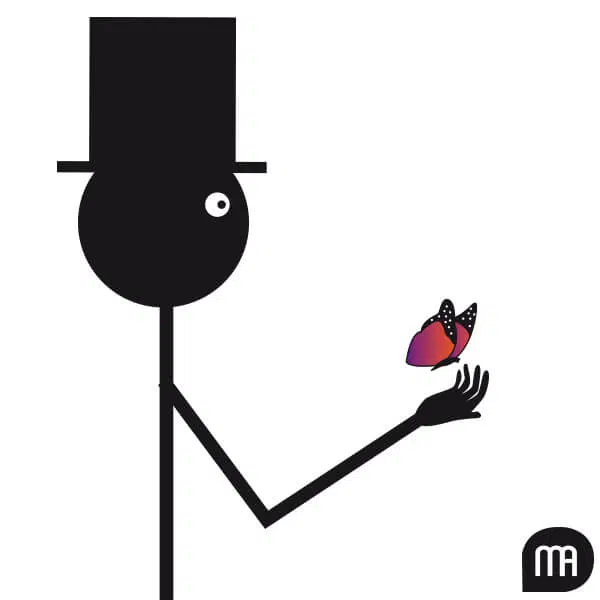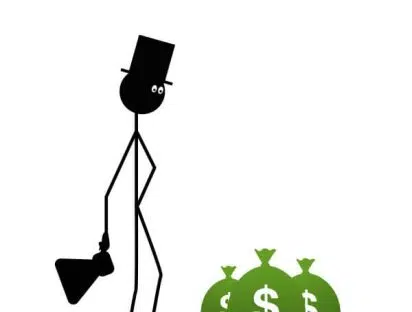
1.
Let’s start with a brief semantic analysis. What strikes at first sight is the external position implied by the formula “This world fading before our eyes is our world.” The demonstrative determiner “this” refers to a point of view outside the world, as if it were open to the contemplation of a spectator. The verb “to fade” which here has a similar meaning. It underlines our powerlessness in the face of the gradual disappearance of “this world.” Even the noun phrase “our world” evokes the distance that separates us from it. It reinforces the idea that we are spectators of the world. The reason is that “our world” can take on two meanings without focusing on one or the other: either it refers to the world that belongs to us; or it refers to the world to which we belong, just like the fauna and flora that surround us. Finally, the assumption that we as human beings would have a special responsibility towards nature – the assumption that, in Joel Feinberg’s words, we are, because of circumstances, i. e. “as if by default,” the “rational custodians of the planet we temporarily occupy” (3) – is compatible both with the external point of view and the two possible meanings of the noun phrase “our world.” In short, while it is essential to seek to eliminate the causes of the decline of insect and other living beings, the meaning of the formula “This world that is fading before our eyes is our world” evokes a dark and melancholic vision.
2.
The perspective of the spectator that we have just highlighted can be found in a philosophical poem by Guy de Maupassant (1850-1893), Le Dieu créateur (God The Creator). It describes a progressive creation of the Earth by “God, that unknown being whose face no one has seen.” Now, after each step, after each “trial” leading him to furnish the world with new elements, “God looked at the Earth.” But what connects Maupassant’s poem to the formula we are trying to analyse is the epigraph at the top of the poem. It is by Theodore Jouffroy (1796-1842), an almost forgotten French philosopher. Here is the passage highlighted in the poem (we repeat it a little further on):
“Why should the day not come when our race will be erased, when our dug up bones will seem to living species only rough drafts of a nature that is trying?” (4)
Jouffroy wondered about the human destiny within “this little globe we inhabit.” Our world has seen several creations, the second, for example, having seen the appearance of “monstrous reptiles, the first trials of animal organisation, the first owners of this land, of which they were the only inhabitants.” But “nature broke this creation” several times and, “from one trial to another, from the most imperfect to the most perfect, it came to this last creation which for the first time put man on Earth.” Here is how Jouffroy concludes the series of creations that will inspire Maupassant’s poem:
“Thus, man seems to be only a trial on the part of the Creator, a trial, after many others that he has given himself the pleasure of making and breaking. These immense reptiles, these shapeless animals, which have disappeared from the face of the earth, lived there in the past as we live there now. Why should the day not come when our race will be erased, and our dug up bones will seem to living species only rough drafts of a nature that is trying?”
We note the use of the verb “erase,” which could appear in the formula “This world fading before our eyes is our world.” The connection with Jouffroy’s text suggests a naturalistic interpretation, something like “our world is disappearing but a new world will emerge following it; there is nothing extraordinary about that: it is nature that seeks, that tries itself.” Such an interpretation invites a fatalism that was probably not intended by the creators of the “We want poppies” site.
3.
Tocqueville (1805-1859) suggests another interpretation that reinforces, if necessary, the pessimism of the formula. The passage is in Volume I of Democracy in America (5). Tocqueville says he approaches an island on a lake in New York State. He first thinks that it has never been visited by man, then realises that he is in error:
“I was very far from believing that this place had formerly been inhabited, nature there seemed so left to itself; but upon reaching the center of the island, I suddenly thought that I had found vestiges of man. Then I carefully examined all the objects in the area, and soon I no longer doubted that a European had come to find a refuge in this place. But how his work had changed appearance! The woods that, long ago, he had hastily cut down to make himself a shelter had since grown shoots; his fence had become living hedges, and his cabin had been transformed into a grove. In the middle of these bushes you still saw a few stones blackened by fire, scattered around a small pile of ashes; undoubtedly this was the place of the hearth: the chimney, collapsing, had covered it with debris. For some time I admired in silence the resources of nature and the weakness of man; and when finally I had to leave these enchanted places, I again repeated with sadness: What! Ruins already!”
Tocqueville’s admiration includes “the resources of nature and the weakness of man,” but it is first and foremost the energy of nature, its vitality, that arouses his admiration. A few lines earlier, did he not write that “among these abandoned fields, over these day-old ruins, the ancient forest does not delay growing new shoots; the animals retake possession of their realm; nature comes happily to cover the vestiges of man with green branches and flowers and hastens to make the ephemeral trace of man disappear?” Since man leaves only an “ephemeral trace” (at least in the vast North American space which, at the time of Tocqueville, was shelter to a small number of human beings), nature waits for him to leave the places he has invested for “retaking possession of its realm.” It is precisely this process of substituting nature for man that is lacking today. Where man has passed, nature is no longer returning, or is unlikely to return. It is in this sense that nature “fades.” But at the same time, the admiration it aroused in the minds of observers has been erased. This is another way, ontological, aesthetic and melancholic, of considering the formula “This world fading before our eyes is our world.” The loss is not only material. It is also spiritual. Alain Anquetil (1) W. Zarachowicz, “L’hécatombe invisible,” Télérama, 20 February 2019. The original sentence (“This world that is fading before our eyes is our world”) has been slightly shortened. (2) F. Sánchez-Bayo and K. A. G. Wyckhuys, “Worldwide decline of the entomofauna: A review of its drivers,” Biological Conservation, 232, 2019, p. 8-27. The following passage summarizes the result of the study:
“Habitat change and pollution are the main drivers of such declines. In particular, the intensification of agriculture over the past six decades stands as the root cause of the problem, and within it the widespread, relentless use of synthetic pesticides is a major driver of insect losses in recent times […]. Given that these factors apply to all countries in the world, insects are not expected to fare differently in tropical and developing countries. The conclusion is clear: unless we change our ways of producing food, insects as a whole will go down the path of extinction in a few decades […]. The repercussions this will have for the planet’s ecosystems are catastrophic to say the least, as insects are at the structural and functional base of many of the world’s ecosystems since their rise at the end of the Devonian period, almost 400 million years ago.”
(3) J. Feinberg, “Human duties and animal rights,” in R. K. Morris et M. W. Fox (eds), On the Fifth Day: Animal Rights & Human Ethics, Acropolis Books, 1978. (4) T. Jouffroy, “Du problème de la destinée humaine,” 1830, in Mélanges philosophiques, Paris, Hachette, 7ème édition, 1901. (5) A. de Tocqueville, De la démocratie en Amérique, Paris, GF Flammarion, 1981, Democracy in America: historical-critical edition Vol. 2, E. Nolla (ed), tr. J. T. Schleifer, 2010, Indianapolis, Liberty Fund. [cite]




